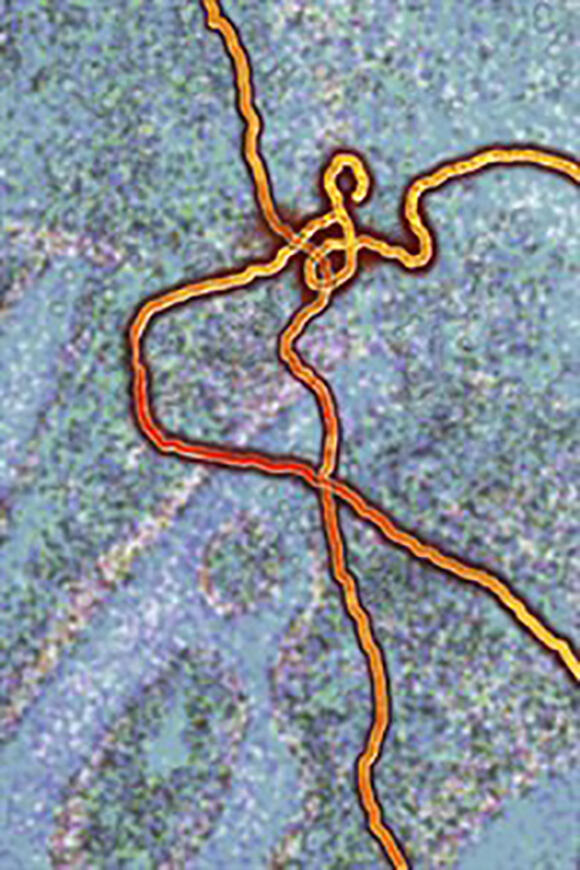
LSTM staff and recent graduates of the School courses, such as DTMH, continue to contribute to direct care of patients with Ebola in West Africa. TheWell-Travelled Clinic is assisting with the health assessment of British volunteers from the NHS for the UK-Med mission to West Africa and is one of the few centres responsible for monitoring the health of volunteers when they return to the UK.
“Staff are also writing about their experience to inform other healthcare workers. Senior Lecturer Dr Tim O’Dempsey and colleagues have recently published an article in the American Journal of Tropical Medicine and Hygiene on how best to identify when it is safe to discharge patients who have recovered from Ebola virus disease. He and Dr Tom Fletcher (Honorary Lecturer) and other colleagues working in West Africa have also published a very practical article in the same journal on “Being Ready to Treat Ebola Virus Disease Patients”
Clinicians remaining in Liverpool are ready to look after patients in the Tropical and Infectious Disease Unit (TIDU) at the Royal Liverpool University Hospitalone of the three British hospitals designated to take patients with Ebola if the national specialist unit in London is full. They form an integral part of the nationalImported Fever Service, which takes calls from infection specialists around the UK about diagnosis and management of patients with possible Ebola or other rare imported infections.
Staff are also involved in a number of clinical research programmes on Ebola, both directly overseas and as partners in the National Institute of Health Research funded Health Protection Unit in Emerging and Zoonotic Infections, a partnership between the University of Liverpool, the LSTM and Public Health England.
Meanwhile, Dr Nick Beeching, together with Dr Manuel Fenech (TIDU) and Dr Catherine Houlihan (London School of Hygiene and Tropical Medicine) have just published a large review of Ebola virus infection in the British Medical Journal, available on open access. This is based on their interactive monograph first published in November on line in the BMJ Best Practice series. This has been extensively updated in December and is accessible here. A US oriented version is available here.